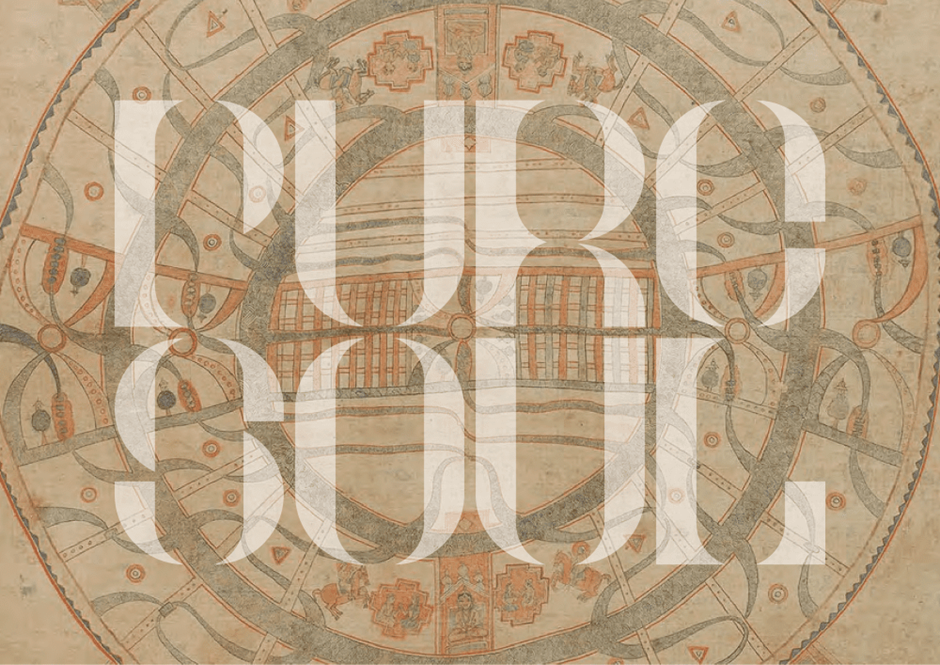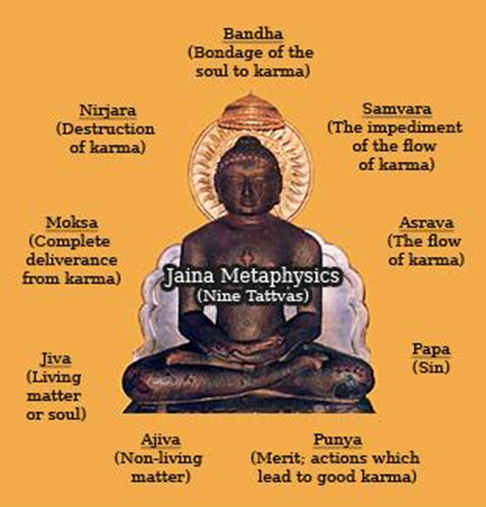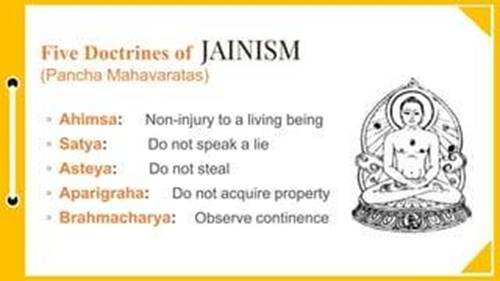Soul substance (jīva dravya) is ubiquitous but unseen. Driving force within each one of us, it has been, since time immemorial, a subject matter of research by philosophers, religious leaders and laity. Still, ambiguity and misconceptions prevail as regard its real nature. Some negate the existence of soul and attribute consciousness to the union of four basic substances – earth (pÃthvī), water (jala), fire (agni), and air (vāyu); death leads to its annihilation. Some believe it to be momentary, devoid of self-existence. Still others consider it a product of illusion (māyā) or ignorance (avidyā) as all objects are manifestations of Brahma; only the one eternally undivided Brahma exists. All such conceptions are based on absolutism like: existence (bhāvaikānta) and non-existence (abhāvaikānta), non-dualism (advaita-ekānta) and separateness (pÃthaktva-ekānta), and permanence (nityatva-ekānta) and momentariness (kÈaõika-ekānta). Jaina epistemology goes beyond the superficial and examines objects of knowledge from all possible points of view. It asserts that the entity (dharmī) and its attributes (dharma) are neither absolutely dependent (āpekÈika) nor absolutely independent (anāpekÈika). Only an entity which has general (sāmānya – concerning the substance, dravya) and particular (viśeÈa – concerning the mode, paryāya) attributes can be the subject of knowledge. Substance without its modification and modification without its substance cannot be the subject of valid knowledge; only their combination can be the subject of valid knowledge.
Jainavenue is a medium to serve the spiritual path of Jainism


Some tenets of Jaina epistemology are first described as aid to understanding the soul substance (jīva dravya), lest the elucidation be misinterpreted. DravyasaÉgraha (verse 2) expounds the soul (jīva) as characterized by consciousness (cetanā) that is concomitant with cognition (upayoga), incorporeal (amūrta), a causal agent (kartā), coextensive with the body (sadehaparimāõa), enjoyer of the fruits of karmas (bhoktā), having the world as its abode (saÉsārastha), liberated (Siddha), and of the nature of darting upwards (ūrdhvagamana). Each characteristic is elucidated in reference to standpoints (naya).
All that is contained in this paper has been excerpted and translated into English from authentic Jaina Scriptures; infelicities, inadequacies and inconsistencies are mine. A list of suggested readings is provided at the end.
Conclusion :
The soul is knowledge, absolute and without differentiation. Destruction of ignorance (ajðāna) about the self is the fruit of all methods of knowledge. When the karmic clouds disperse gradually, self-knowledge increases in its brilliance and ultimately reaches its unmatched luminance. When such knowledge is obtained, it is self-realization. That self-born, perfect and pure knowledge is real happiness. It is not the body but the soul itself that develops happiness; its very nature. Sense organs are of foreign stuff; these can never be said to form the nature of the soul. With onset of self-knowledge, nescience gets destroyed and all that which pertains to the non-self disappears from reckoning. There is no more inflow of karmic matter, the previously bound karmas are destroyed and the soul regains its pristine nature. Always adore this knowledge, in this only always remain contented, and fulfilled. Following strict rules of discipline as well as observing austerities without the virtue of self-absorption are of no avail for acquisition of self- knowledge. The aspirant after liberation must discard all thought-activities and take shelter in the knowledge of the pure soul with firm and unshakeable conviction. Self- knowledge is the bright fire that burns material karmas to ashes and frees the soul from karmic bondage. Self-knowledge should be the foundation of all practices, rituals and conduct. The path to liberation unmistakably passes through self-knowledge.

On destruction of darkness, that is ignorance, the self attains the power of discrimination between what needs to be accepted and rejected. Self-knowledge thus leads to the science-of-discrimination (bheda-vijðāna) – the soul is distinct from the matter and the matter is distinct from the soul. This is the quintessence of reality. All the rest of articulation is but an elaboration of the same.
I make obeisance humble at the Holy Feet of the Omniscient Lord who has manifested pure consciousness that is born from the self by the self, comprehends fully all objects of knowledge, enjoys ambrosial happiness (the very nature of the self), and is worshipped by the lords of the world.
To read full paper go to this link:
Acknowledgement: https://www.academia.edu/32848534/Soul_Substance_j%C4%ABva_dravya_As_Expounded_In_Dravyasamgraha
About Author
Having had his schooling from Mhow and Bhopal in Madhya Pradesh, Vijay K. Jain (b. 1951) did his graduation in Electronics Engineering from Institute of Technology, Banaras Hindu University, and Post-Graduation in Management from Indian Institute of Management, Ahmedabad. An independent researcher, Vijay K. Jain has authored several books, and translated into English.

